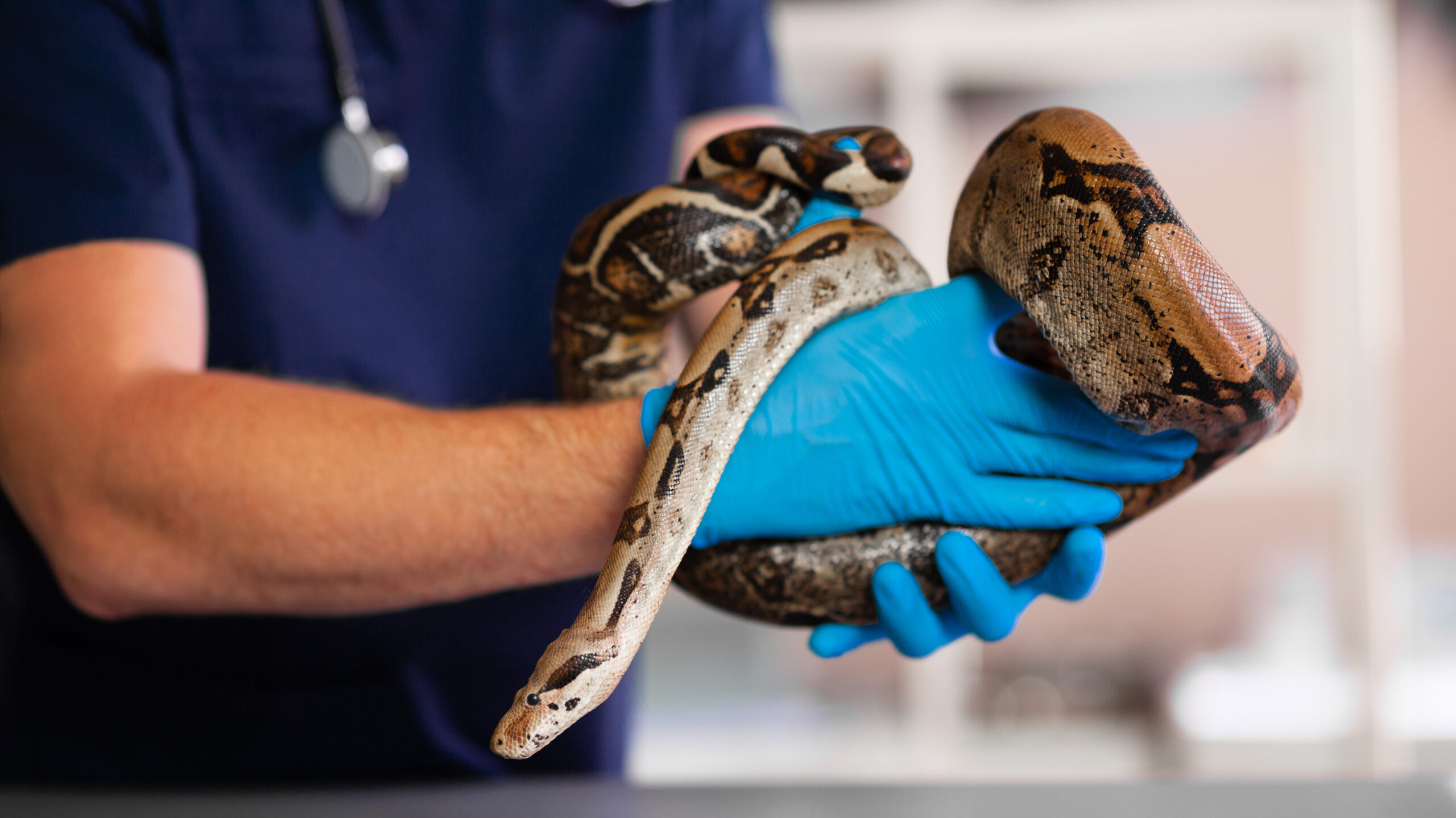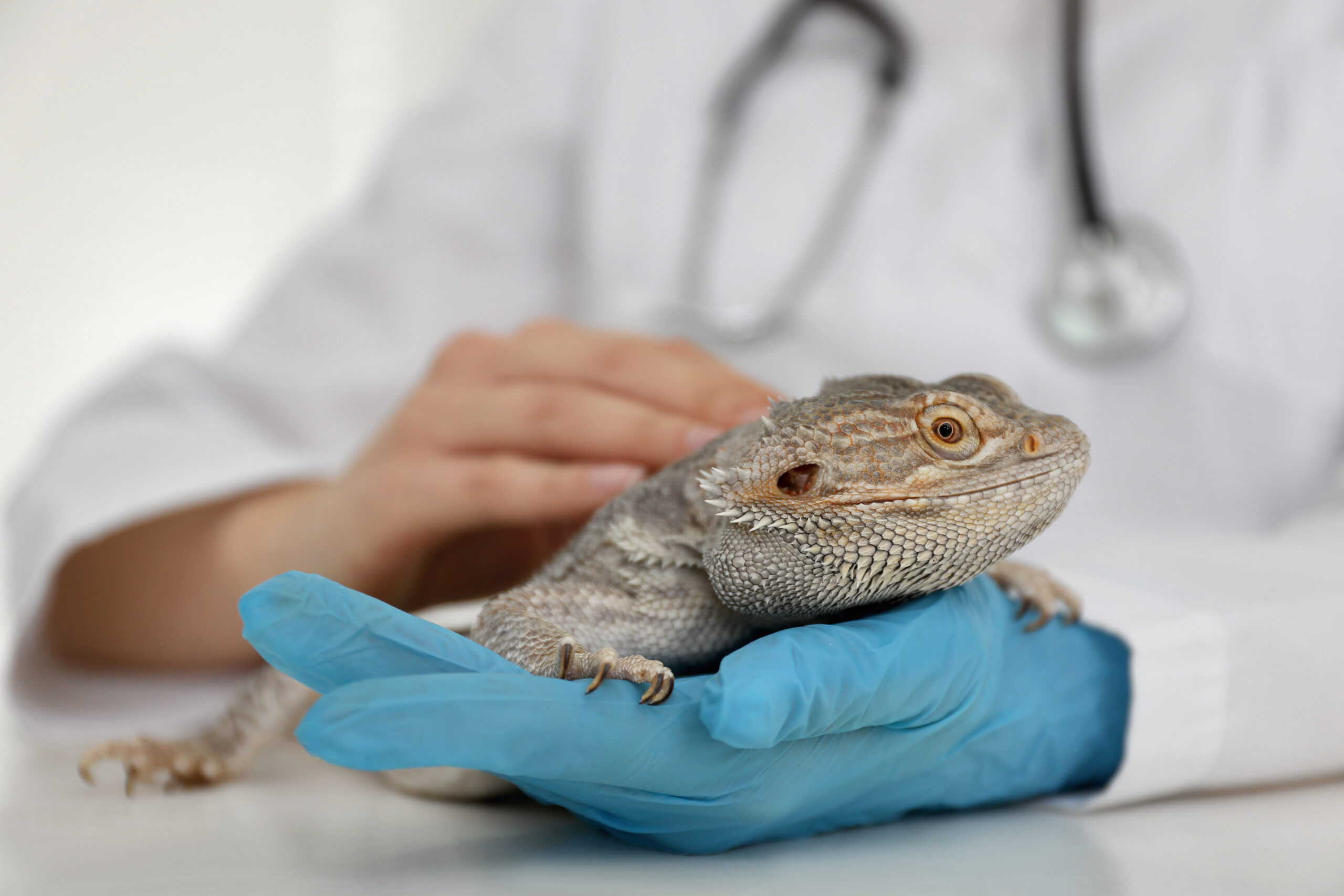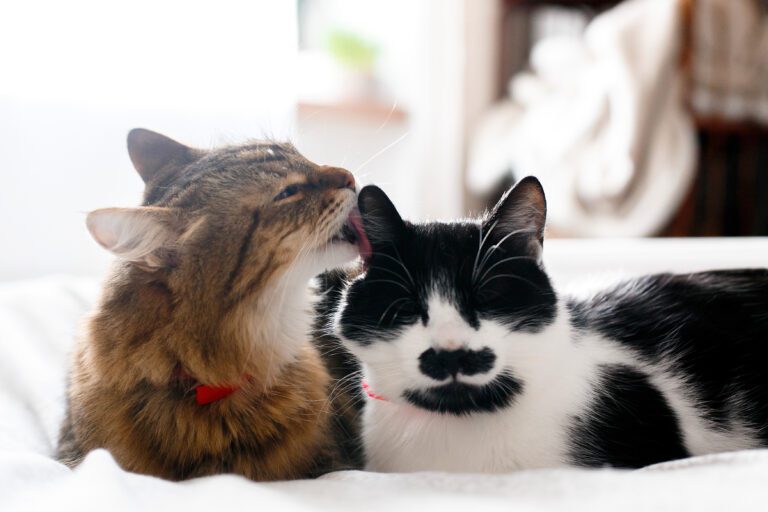When it comes to owning a reptile as a pet, one question that often arises is whether or not it makes sense to invest in pet insurance. As reptile owners, we cherish our scaly friends and want to provide them with the best care possible. In this blog, we’ll explore the pros and cons of getting pet insurance for your reptile, helping you make an informed decision about whether it’s right for you and your scaled companion.
Understanding Reptile Pet Insurance: Pet insurance for reptiles is a specialized form of coverage that provides financial protection for medical expenses and potential emergencies related to your reptile. Just like insurance for cats or dogs, reptile insurance typically covers veterinary bills, diagnostics, surgeries, and sometimes even preventive care.
Pros of Reptile Pet Insurance:
- Financial Security: One of the primary benefits is the peace of mind it offers. Unexpected medical emergencies or chronic illnesses can result in costly veterinary bills. Having pet insurance can help alleviate the financial burden and allow you to make decisions based on your pet’s well-being rather than cost.
- Coverage for Specialized Care: Reptiles have unique healthcare needs, and finding veterinarians with expertise in reptile medicine can be challenging. With pet insurance, you have the flexibility to seek specialized care, even if it means traveling to a reptile specialist.
- Emergency Situations: Reptiles are susceptible to accidents and unexpected health issues. In critical situations, prompt veterinary care can be lifesaving. Pet insurance can cover emergency treatments, such as surgeries or intensive care, providing your reptile with immediate attention without worrying about the financial implications.
- Comprehensive Coverage Options: Depending on the insurance provider, pet insurance policies may offer coverage for routine examinations, vaccinations, and preventive care. This coverage can help maintain your reptile’s overall health and detect potential issues early on.

Cons of Reptile Pet Insurance:
- Limited Availability: Compared to pet insurance for cats and dogs, reptile-specific insurance options are relatively limited. This means you may have to research and compare different providers to find one that offers suitable coverage for your reptile’s needs.
- High Premiums: The cost can vary significantly based on factors such as species, age, and medical history. Some reptiles may be deemed high-risk, resulting in higher premiums. Depending on the coverage you choose, monthly premiums may outweigh the benefits, especially if your reptile is generally healthy.
- Exclusions and Waiting Periods: Like any insurance policy, reptile insurance comes with certain exclusions and waiting periods. Pre-existing conditions may not be covered, and there may be waiting periods before coverage takes effect. It’s crucial to thoroughly read and understand the policy to avoid surprises or misunderstandings.
Alternative Options:
If pet insurance doesn’t seem like the right fit for your reptile, there are alternative ways to ensure their well-being:
- Budgeting for Medical Expenses: Setting aside a monthly amount for your reptile’s medical expenses can help mitigate the financial impact of unexpected veterinary visits.
- Researching Reptile-Savvy Veterinarians: Locate a reputable veterinarian with experience in reptile care. Regular check-ups and preventive care can help catch potential health issues early and maintain your reptile’s well-being.
- Joining Reptile Communities: Online communities and forums dedicated to reptile care can provide valuable insights and advice on maintaining your pet’s health. Other reptile owners may share their experiences and recommend affordable and reliable veterinary options.
Deciding whether to get pet insurance for your reptile is a personal choice that depends on various factors, including your pet’s species, health history, and your financial situation. While pet insurance can offer peace of mind and financial security, it’s essential to weigh the pros and cons, consider alternative options, and choose what aligns best with your reptile’s needs and your own preferences. Whether you opt for insurance or choose alternative routes, the well-being of your scaly companion should always be the top priority.





